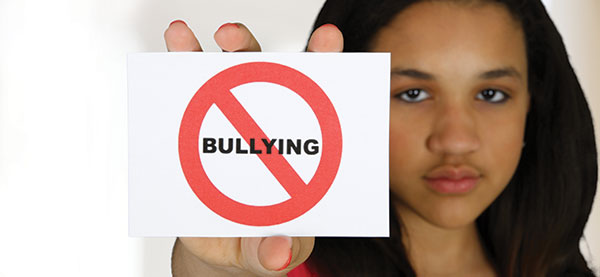
Parents of school-aged children are becoming increasingly aware of the number of incidents of bullying that occur both at school and on-line. Children may avoid admitting they are targets of bullying, so it’s important for parents to be aware of the different signs children show that may indicate that they’ve been the victims of bullying.
Christa Melnyk Hines notes in her article, Talking About Bullying; Could your chatterbox’s talking be hiding a bigger problem?, that children may not tell about bullying if they are feeling embarrassed or ashamed. Parents need to look for signs which can include a sudden change in disposition, ailments like stomachaches and headaches, anxiety about going to school or riding the bus, falling grades, or, in extreme cases, self-abuse such as cutting.
It can be difficult to get a child to open up about a bullying incident, so it’s important to keep the lines of communication open with your child, asking him about school and friendships, asking if he knows kids who are bullied, or telling him about a time when you experienced bullying.
Marriage and Family Therapist Mike Pautz of Mount Shasta teaches parents and children that bullying is about power and control. Pautz says, “Bullies often times do not have any power or control within their home, so they use bullying as a way to gain this back. Bullies use bullying as a way to gain back power they may have lost in their personal lives. They do this by threats, name-calling, and putting others down.”
Teasing, social bullying (such as excluding someone from a group), spreading rumors, and physical bullying are other types of bullying. Since bullying can also occur on Facebook and by text messaging, parents need to try to monitor their child’s use of electronic media since online bullying is a serious problem and can carry over into school.
[sws_pullquote_right] Christa Melnyk Hines suggests: “Boost your child’s self-confidence by enrolling your child in sports, self-defense like martial arts, scouting, or other groups that nurture a network of friends, a healthy body image, and leadership opportunities.” [/sws_pullquote_right] If your child shares with you a bullying incident that occurred at school, discuss ways your child can deal with the situation and how he can protect himself. Your child needs to know that he isn’t alone, that other kids have also had the same experiences, and that bullying is not acceptable behavior.
Hines suggests the following to share with your child to help avoid a bullying situation:
- Tell the bully to stop and then walk away from the situation as soon as you can.
- Practice remaining unemotional by ignoring him or assuming a “straight face” since a bully generally seeks a reaction.
- Hang out with friends to avoid being alone. If you don’t have friends nearby, try to stay close to other people.
- Tell a teacher, school counselor, parent, another trusted adult, a friend, or a sibling.
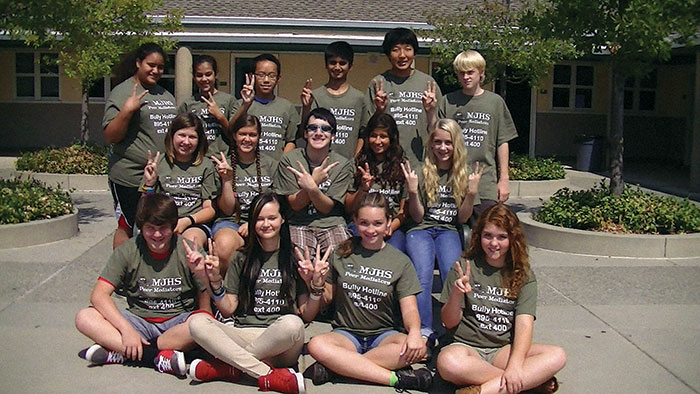
Marsh Junior High School peer mediators are ready to assist their classmates.
Students can call the Bully Hotline at (530) 895-4110 ext. 400.
Marsh Junior High School in Chico has developed a peer mediation program, which consists of 15 peer mediators from the 8th grade, to mediate bullying incidents at school. Parents need to be aware that children, particularly adolescents and teens, may feel more secure talking to a peer about bullying rather than an adult, since some children have strong bonds with their peers and they feel that their peers can better relate to their problems.
At the beginning of the year, Marsh students are given a Bully Hotline card with a hotline email and phone number to report being bullied or a bullying incident they witnessed. Mediators then try to bring both sides together to “talk it out” to determine whether it was a bullying incident or a misunderstanding, and to help resolve the situation. Having a friend or bystander who witnesses an incident stand up for the victim and report it is very important to ending the bullying cycle. Peer mediator at Marsh Ryland Jolliffe remarks, “We need to empower the bystanders to be upstanders.”
The start of a new school year is a particularly difficult time for students, especially 7th graders since they are trying to find where they fit in at a new school. The peer mediators at Marsh stated that at the beginning of the school year they started receiving calls the first week of classes. In addition to assisting students by phone or in mediation, the peer mediators visit classrooms to give presentations and also show the documentary: Let’s Get Real.
Cyberbullying is also a big problem for students at this age. According to Sameer Hinduja, Ph.D. and Justin W. Patchin, Ph.D., experts in cyberbullying, some things parents and students themselves can do to help prevent this type of bullying are: never open unidentified or unsolicited messages, protect your passwords, keep photos PG on Facebook and other social media, log off of online accounts, set up privacy controls, google yourself to find out what personal information is public, and don’t be a cyberbully yourself.
Parents need to be aware of the symptoms of bullying, encourage children to talk about what is going on at school and with peers, offer support and guidance when needed, and demonstrate how to confidently manage the many diverse personalities who will inevitably come in and out of the child’s life. Preventing children from bullying needs to be an on-going effort made by parents, teachers and children themselves.
[sws_grey_box box_size=”590″]Resources for Bullying Prevention:
- Cyberbullying Research Center. Offers online resources providing up-to-date information about the nature, extent, causes, and consequences of cyberbullying among adolescents. http://www.cyberbullying.us
- Disability Awareness & Anti-bullying Puppet Shows; Redding, CA. Rowell Family Empowerment Center offers fun puppet shows to schools and youth groups to help make students more sensitive to children’s disabilities. http://www.rfec.org; (530) 226-5129.
- No Name-Calling Week; national event. January 21-25, 2013. Words can hurt. Focuses attention on the problem of name-calling in schools; provides students and educators tools for dialogues about ways to eliminate name-calling in their communities. http://www.nonamecallingweek.org
- Paradise Center for Tolerance and Nonviolence; Paradise, CA. PCTN is a grassroots, nonsectarian, nonpartisan organization dedicated to honoring and protecting differences, resolving conflicts peacefully, and advocating for a safe, hospitable and harmonious community. http://www.pctn.org
- StopBullying.gov; online. Provides information from various government agencies on what bullying is, what cyberbullying is, who is at risk, and how to prevent and respond to bullying. Includes a special section for kids. http://www.stopbullying.gov
[/sws_grey_box]
Comment Policy: All viewpoints are welcome, but comments should remain relevant. Personal attacks, profanity, and aggressive behavior are not allowed. No spam, advertising, or promoting of products/services. Please, only use your real name and limit the amount of links submitted in your comment.
You Might Also Like...
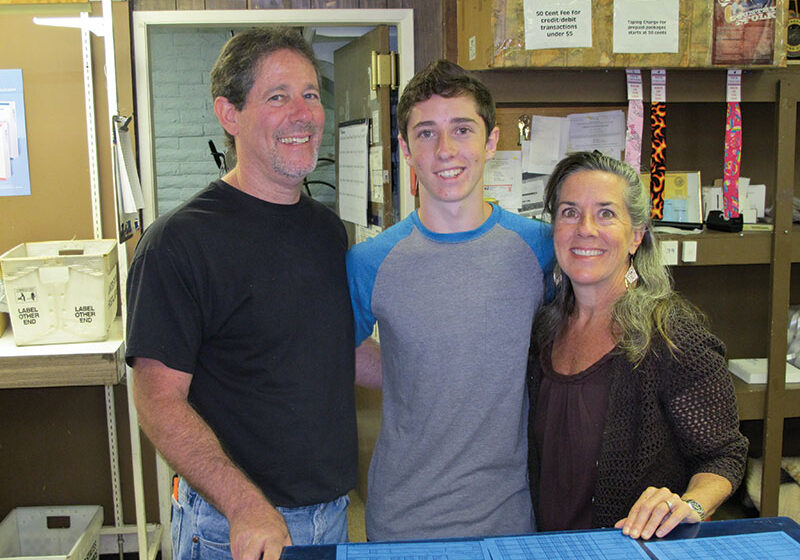
Real-World Learning – Homeschooling Families Combine Life & Education
Most parents agree that a good education is an important foundation for their child’s future success. The way children learn however, can be as varied as the children themselves. While […]

Copernicus Tutoring
Shasta High School Seniors Offer Free Tutoring For Peers Over the summer, Lily and Leah created a tutor application process, built a website, and recruited tutors for the Zoom-based program. […]
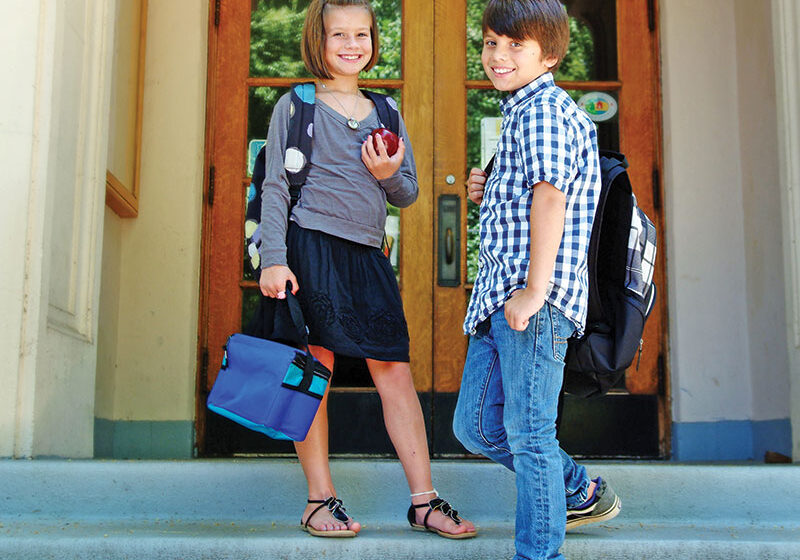
Pack Pain: Backpack Safety for Back to School
Kids everywhere will head back to class this fall with their own unique sense of fashion on display. Whether students sport a message tee, cargo shorts or a school uniform, […]
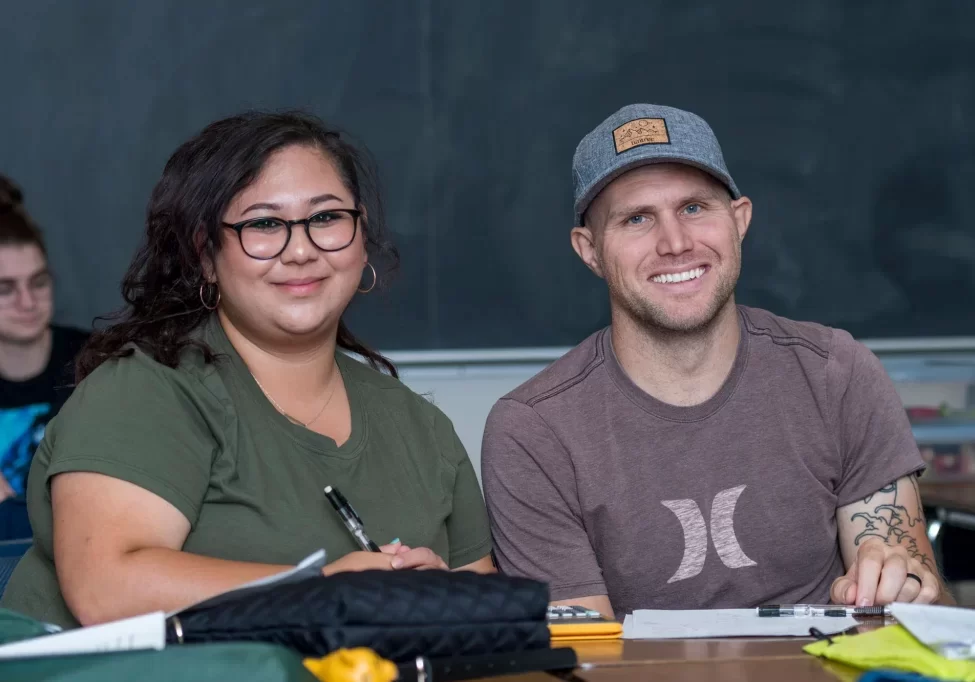
Community College May Be the Best Choice
Many people who are considering obtaining a college degree overlook the benefits of attending a community college, perhaps incorrectly assuming that it is just for those who can’t get into […]

The Committed Athlete, On And Off The Field
Over the past two years, Pleasant Valley High School and Chico High School have implemented an initiative called Athlete Committed, helping to educate over 4,000 parents and student athletes on […]
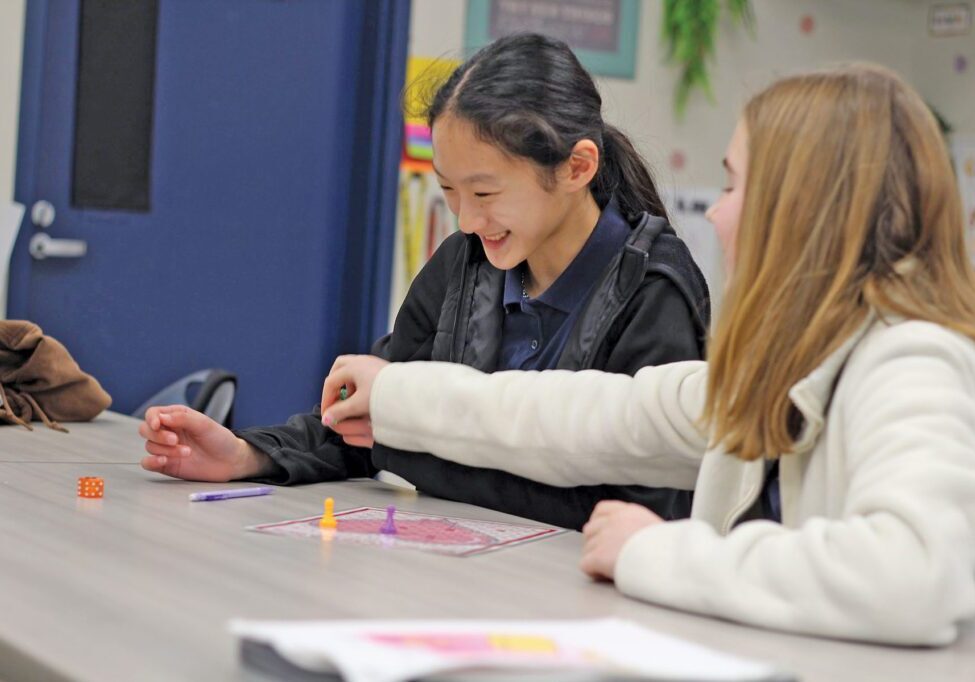
Three Schools, Three Curricula, One Goal: Empowering Children Through Language Immersion and Enrichment
Research supports learning a second language very early in childhood for long term proficiency. Strong social connections, greater cultural awareness and better overall academic performance, especially in reading, are commonly […]

